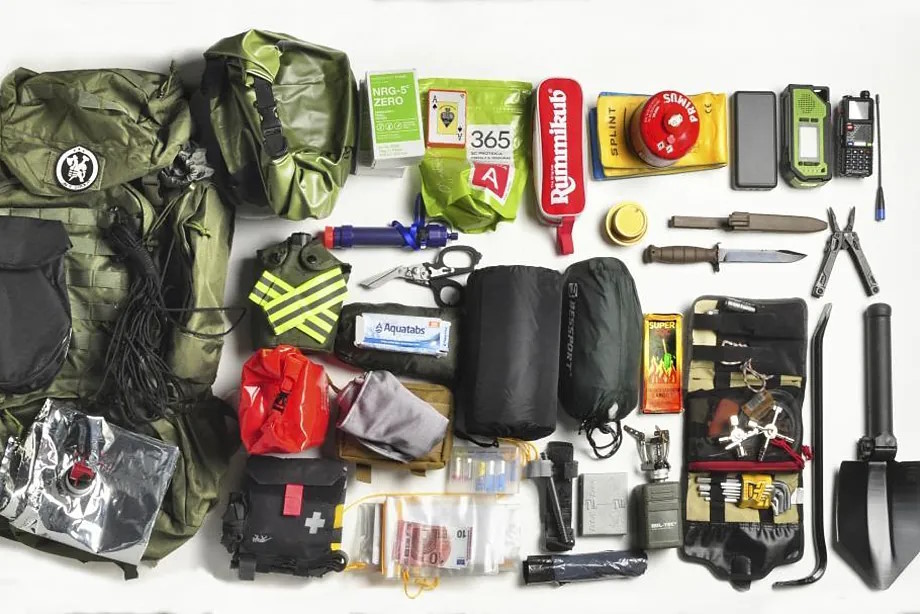69.2% of Spaniards declare themselves "prepared" to survive 72 hours without external help in the event that Spain suffers a military aggression, a cyberattack, or a natural disaster, according to the April barometer of the CIS, which asks for the first time about the debate raised by the European Union about having some minimums in households to guarantee at least enduring that time margin in an emergency situation.
This goal of being ready to face these types of eventualities in the face of the threat posed by Russia was recently reflected in the European Union's Preparedness Strategy, which encouraged the population to have a survival kit at home containing drinking water, non-perishable food, medications, a portable radio, and a flashlight to withstand any crisis for three days.
An overwhelming majority of Spaniards believe that their homes are prepared to last 72 hours; however, 29% admit that they are not.
This does not mean that citizens have already followed Brussels' recommendations to acquire the emergency kit. Only 33.2% of those surveyed claim to be "fully equipped." This includes, among other things, medications, a flashlight, and a portable radio.
Precisely because some of these elements are missing, 49.5% of citizens admit that their equipment is partial and not complete. In Spanish households, it is common to have canned food, but not a battery-operated radio. In any case, there is a 16.4% who claim not to be equipped even partially.
The promotion of having these survival kits in households by the European Union and governments, which is very common in other countries like Japan due to the high risk of natural disasters, generates controversy among Spaniards. 55.4% are in favor. 10.4% "strongly agree" and 45% "agree." However, almost 40% are against it. They do not ask, but possibly because they see it as alarmist. There is a 24.9% in disagreement and 14.5% strongly disagree.
The CIS also asks if the Spanish Government should distribute a survival manual in households, with clear instructions on how to act in emergencies such as aggressions, cyberattacks, natural disasters, or imminent threats. Here, there is more consensus. 72.2% support it compared to 25.2% who reject it.
